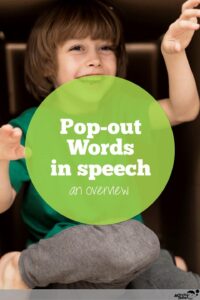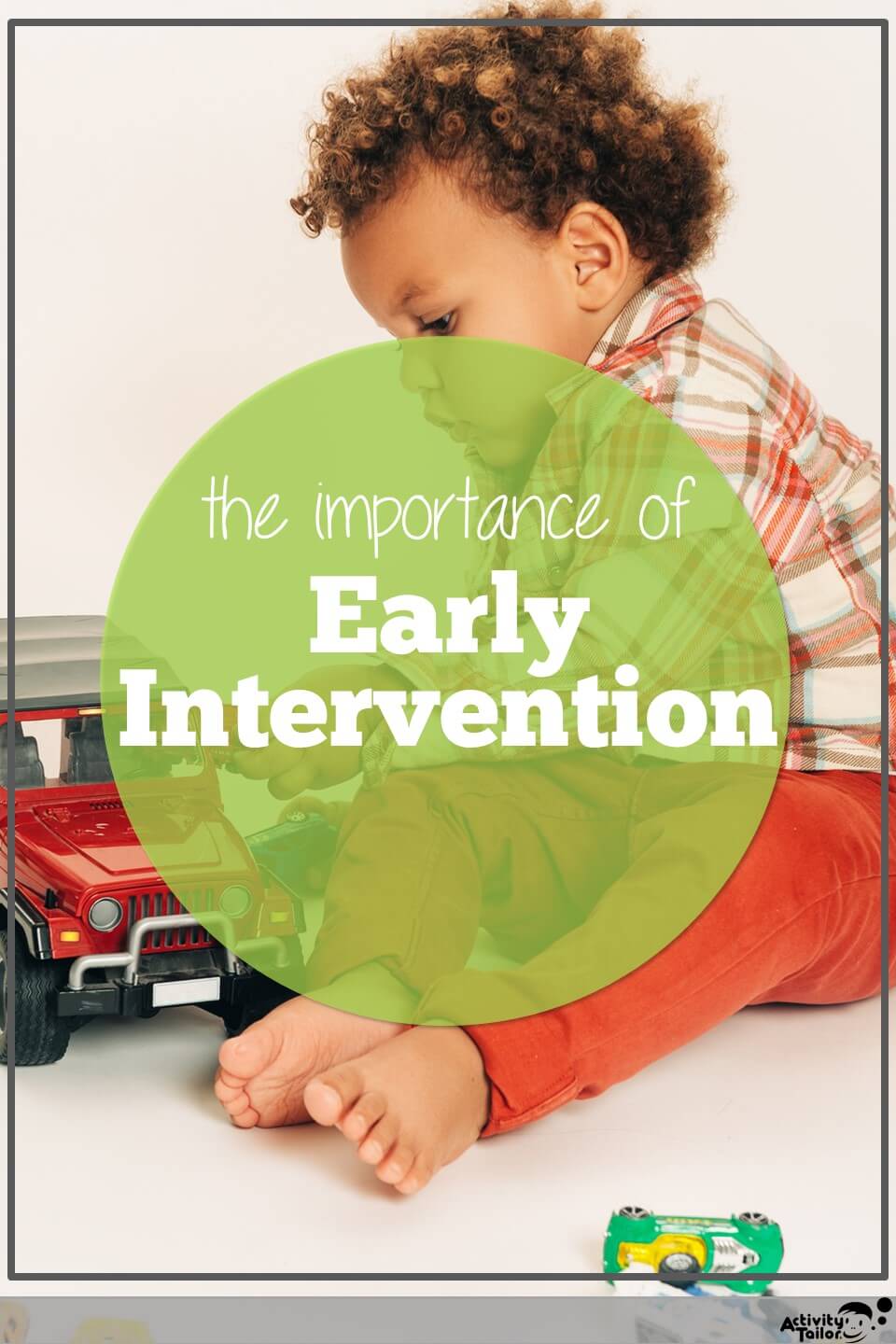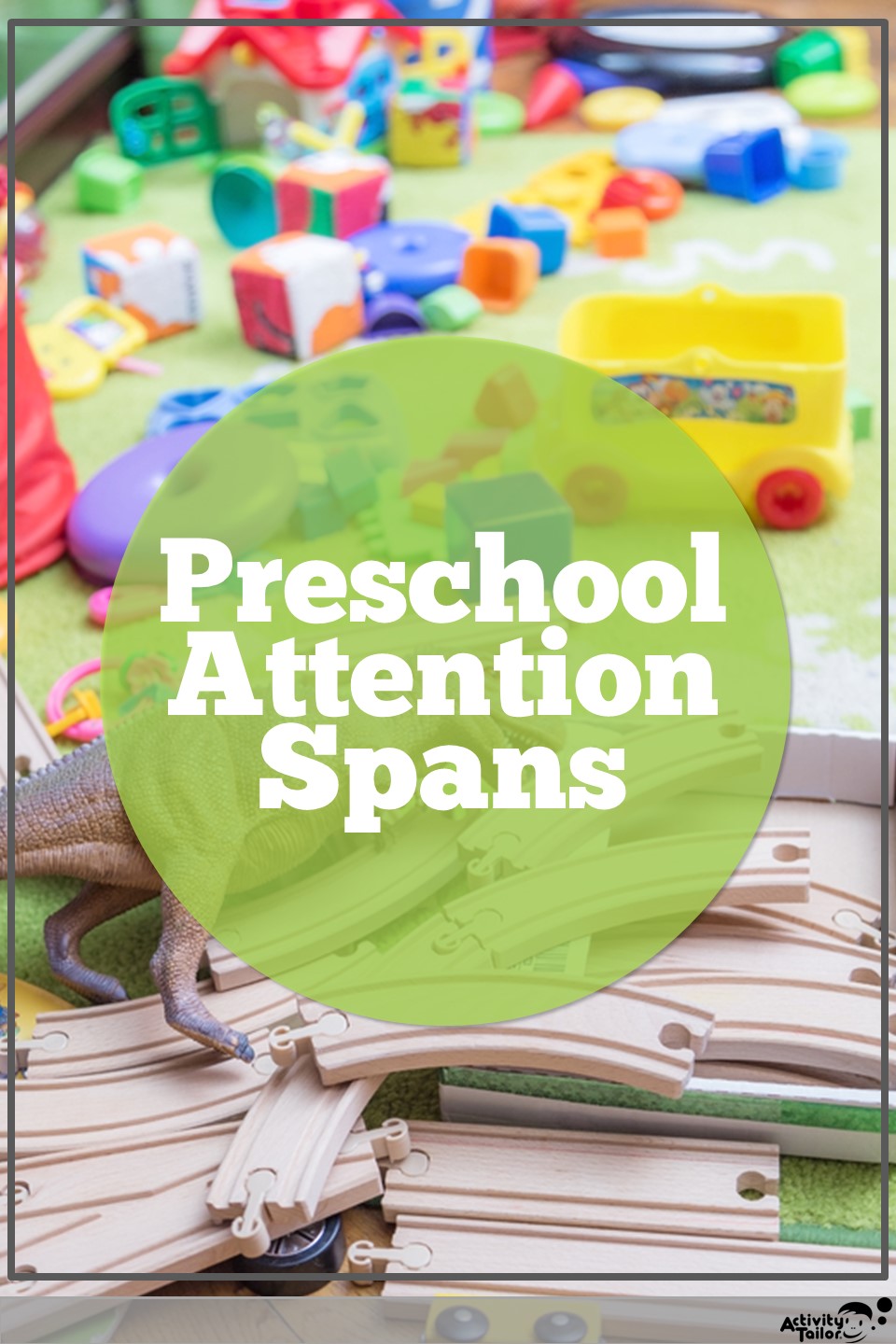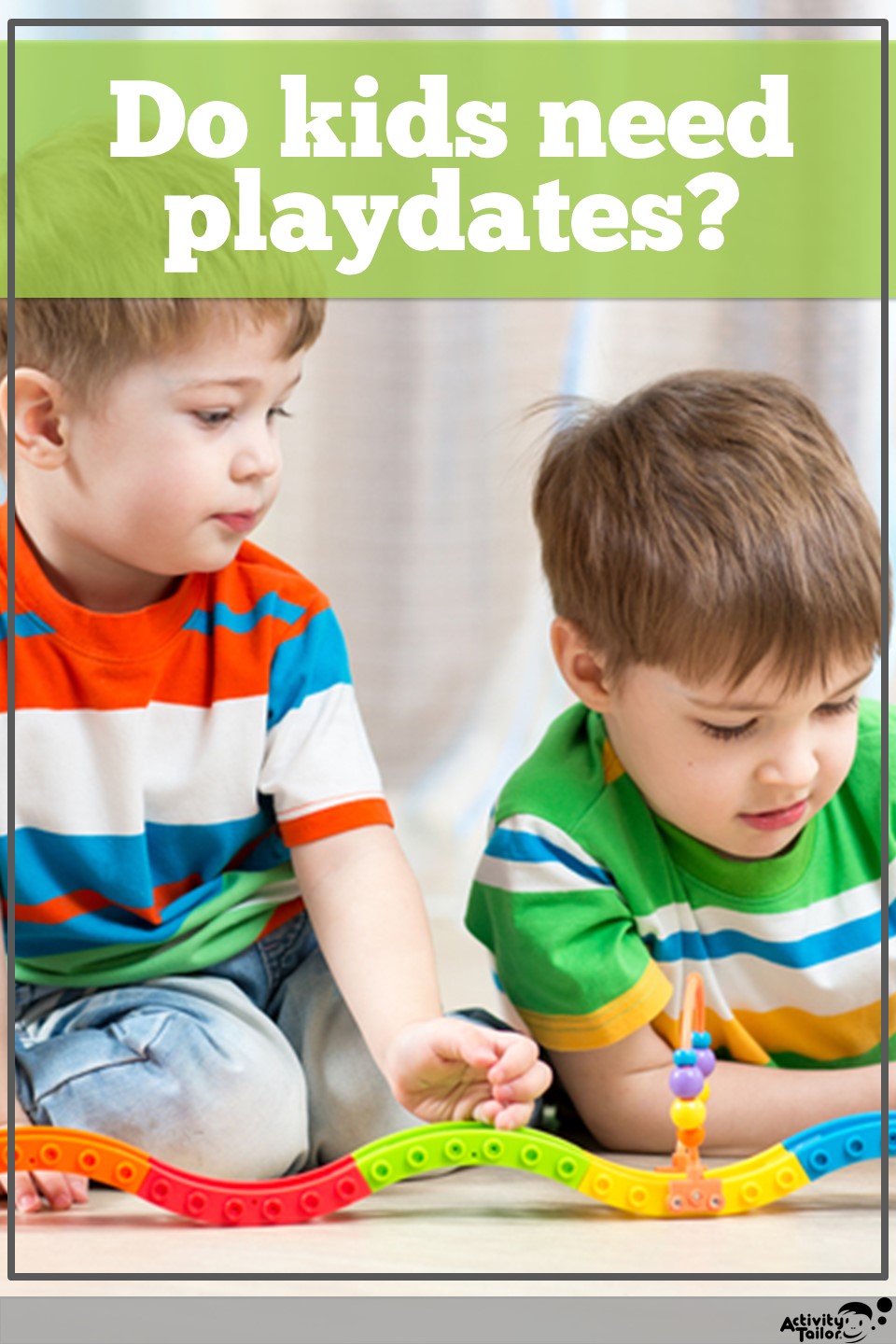Is there anything more frustrating than hearing a word a couple of times from your child and then IT DISAPPEARS?! Where did it go?!
These words are referred to as “pop-out words”. They are a very normal occurrence for little ones whether they’re on track with their speech and language development or a bit behind.
Let’s talk more about understanding these pop-out words in speech and what they really mean for your child.
More about Pop-Out Words
The phrase “pop-out words”, coined by Pam Marshalla, refers to when a child says a word clearly on occasion but doesn’t say the word when prompted.
Unfortunately, no one’s exactly sure where those words go and hang out before they finally (usually) return.
**Pop-out words are NOT the same as a speech and language regression, which is when a child loses previously gained communication skills (e.g. speech and language regressions typical of Autistic children)
Why Pop-Out Words Happen
As mentioned above, pop-out words are a very common occurrence in kids.
Pop-out words happen for a variety of reasons:
- typical developing speech and language skills,
- speech difficulties, and
- language delays
Typically Developing Children
For typically developing children, “pop out” words are a normal part of development.
This usually happens within the first 10 words a typically developing child learns to say. The words will return and become more consistent at some later time.
Children with Speech Difficulties
For children with speech difficulties who may struggle with coordinating all the motor movements of talking, pop-out words might be a word attempt that just happened to be very clear.
For these little ones, pop-out words are more likely to occur throughout the first 100 words they learn to say. These children understand what the word means and even how and when to use it, but they struggle with making the word clear enough to understand.
These speech difficulties can include articulation disorders, the continued use of phonological processes, or childhood apraxia of speech.
Children with childhood apraxia of speech often lack the ability to practice words repetitively in a “play” form like most typically developing children do. They often use pop-out words in speech instead of playing with words.
*Pop-out words due to speech difficulties would benefit greatly by a unique treatment plan created by an SLP.
Children with Language Delays
For children with language delays, a pop-out word might be the result of repeating something they’ve heard in the past.
They may or may not understand the word or know how to use it at an appropriate time, but sometimes they do pop it out in the correct context.
Whatever the reason is, it’s a bit of a perfect storm and can be frustrating to children and parents alike.
How to Help with Pop-Out Words in Speech
There are ways to support your child through their use of pop-out words. The best course of action will depend on the reason WHY they’re using them.
Talk to an SLP about Pop-Out Words
Reach out to a speech language pathologist in your area to schedule a consult or speech evaluation to assess your child’s skills.
Even if it’s nothing to worry about, having a professional validate your concerns and provide reassurance is sometimes just the peace of mind you need as a parent, right?!
Do a Little Extra Learning
Check out one (or some!) of my webinars for easy, impactful learning.
Foundational Five Webinar
This 1 hour webinar about the five foundational skills a child needs to know before talking and HOW TO teach these during your typical day.
You can watch on-demand!
Teach Your Late Talker to Talk
My highly affordable one-hour webinar includes step-by-step techniques about how to Teach Your Late Talker to Talk.
You’ll receive cheat sheets & lifetime access too!
Late Talker workbook
Are you a visual learner? Try my Intentionally Parenting Late Talkers workbook which takes you step-by-step through the techniques professionals use to get your little one talking!
Despite these questionable pop-out words in your child’s speech, you are doing enough! You are more than enough. You are exactly what your child needs.
SLPs, if you are looking for support on working with young children and their families, check out my Early Language Masterclass worth 2 hrs. of clinical maintenance hours.
You might also be interested in reading:
Giving My Child a Voice: The Role of the Parent in Childhood Apraxia of Speech







